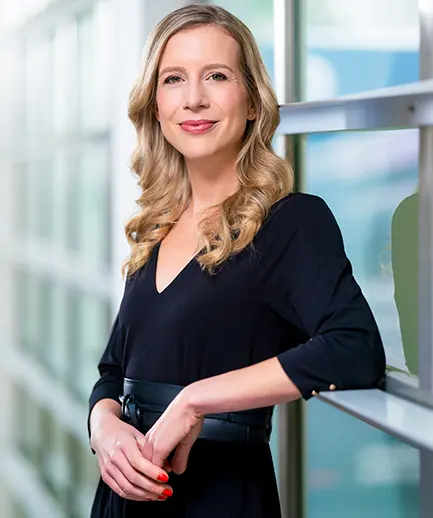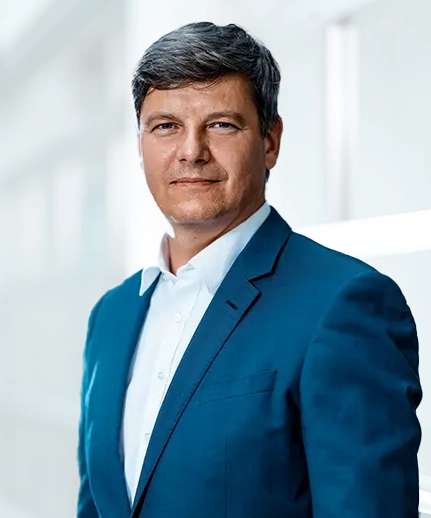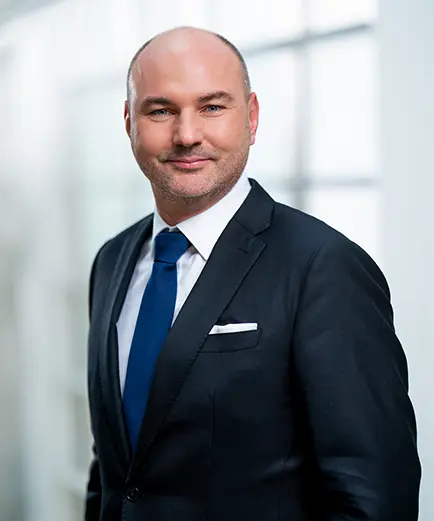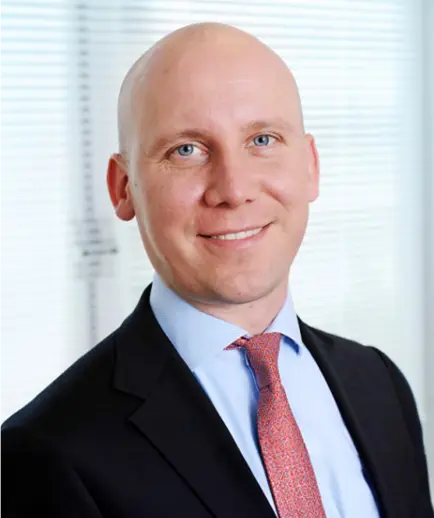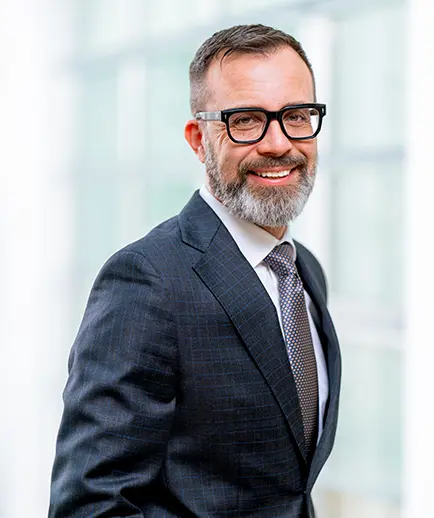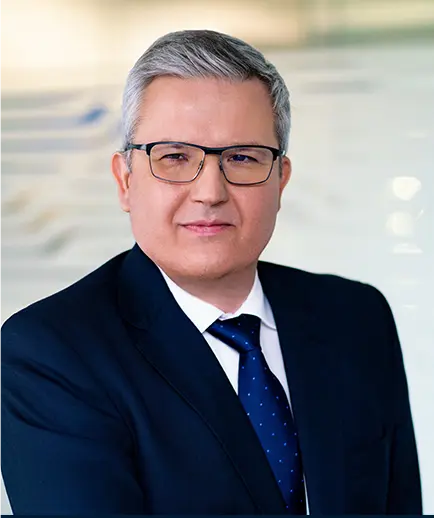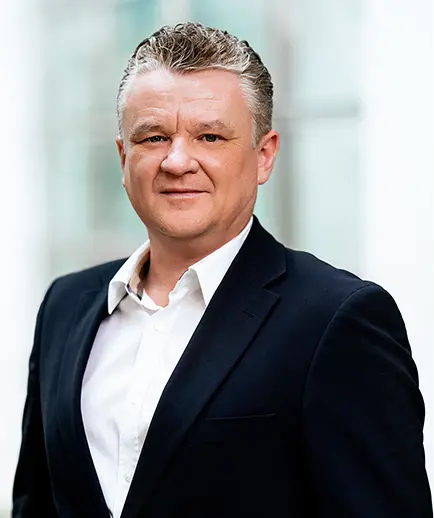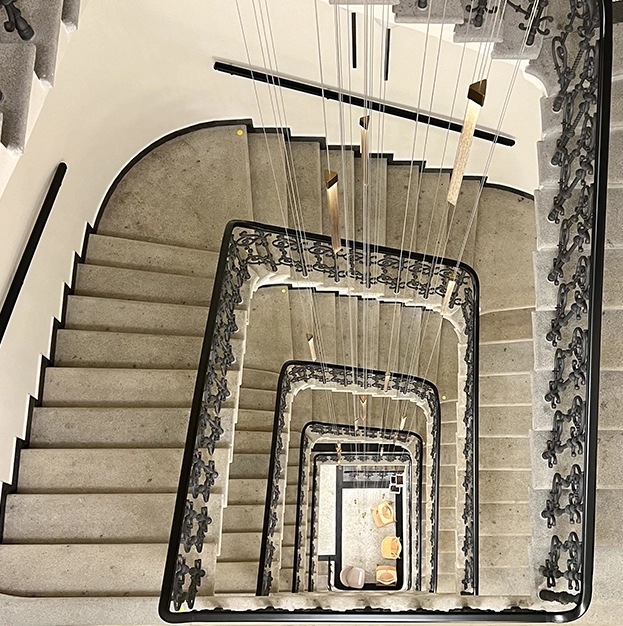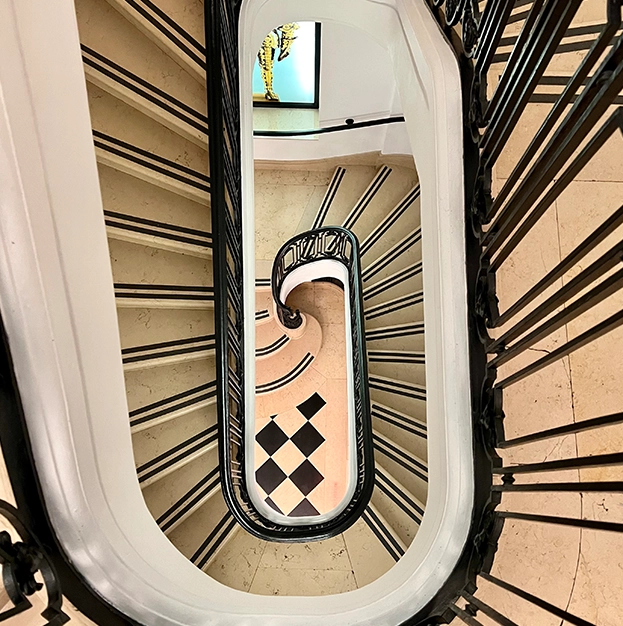Arete acquires industrial asset in Slovakia
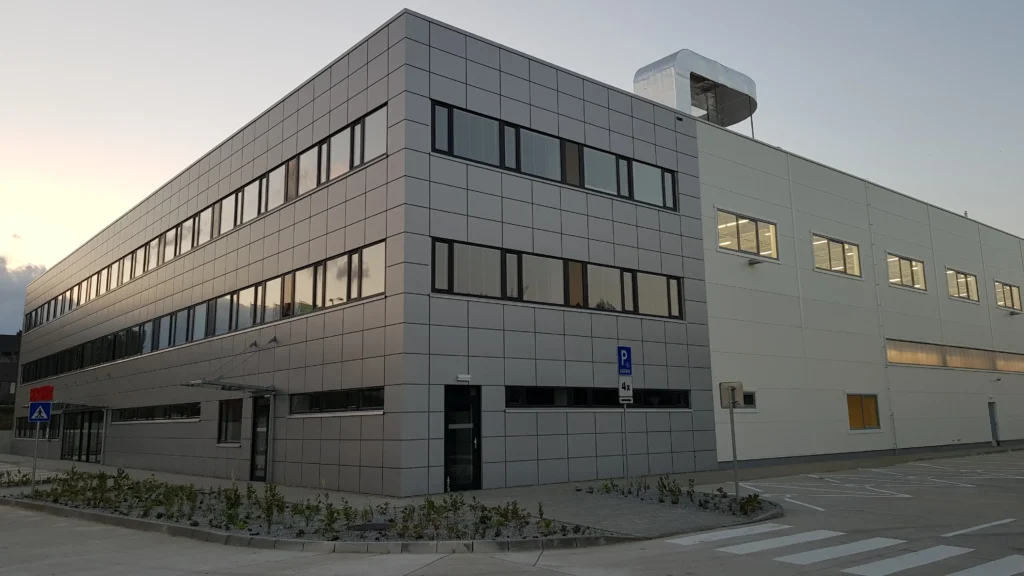
The third fund of Czech investor Arete Group has acquired a modern, highly specialized production facility with a research and development centre and with the potential for further development in Kežmarok, Slovakia. The value of the investment exceeded €10 million. The whole article can be found here: https://www.property-forum.eu/news/arete-acquires-industrial-asset-in-slovakia/7348
ARETE Group fulfils its investment strategy by entering into a sale agreement with Cromwell European REIT (CEREIT) and sells an overall portfolio of its second fund for EUR 113.2 million
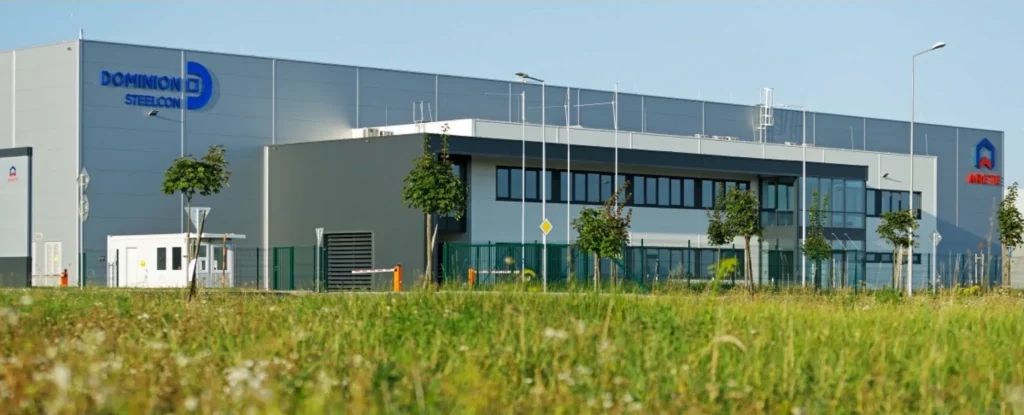
ARETE Group and Cromwell European REIT signed a purchase agreement where ARETE INVEST CEEII sells its overall portfolio for EUR 113.2 million at net operating income yield of 6.7%. Transaction is expected to close in Q1 2021, allowing for the full fiscal year 2020 closing and smooth handover period. The Portfolio comprises 11 logistics and light industrial properties in the Czech Republic and Slovakia with almost 100% occupancy rate leased to 17, mainly international tenants. Its overall leasable area of 125,000 sqm, additional 140,000 sqm for further development and future growth, ranks this transaction as second largest in the Czech Republic while it represents almost 25% of the overall industrial investment transactions volume concluded in the Czech Republic in 2020 to date. “This step represents a significant milestone in our fund strategy and proves that our defined target in 2016 , to build and compile a portfolio of quality logistics and light industrial assets throughout a 5 year investment cycle, is now delivered on. It also clearly demonstrates that through consistent approach, the portfolio meets high quality standards demanded by institutional investors such as Cromwell European REIT, a listed and publicly traded REIT on Singapore stock exchange. Consistency and transparency always were and will remain to be key fundamentals of our strategy and we intend to retain and further enhance those in our third fund, ARETE INDUSTRIAL, which currently initiated its investment phase” commented Robert Ides, co-founder of ARETE group. “As proven in our second fund, we are confident that again we will confirm our ability to deliver on strategy, meet expectations of our investors’ base in the upcoming years and compile much larger and coherent portfolio of high quality industrial and logistic assets in the CEE region with its target value of at least EUR 400 million. Our third fund should even more elevate quality of assets and meet highest standards of institutional investors. I’m really proud we will be delivering on our promise and as the only fund in the Czech Republic and Slovakia, executing on divestment of an overall fund’s portfolio” added Lubor Svoboda, co-founder of ARETE Group. Mr. Karol Pilniewicz, Head of Central Eastern Europe (CEE) for Cromwell Property Group said: “We are delighted to be able to support CEREIT on this transaction. We are actively looking for acquisitions for a range of different capital partners, mainly in Poland, Czech Republic and Slovakia with a particular focus on core plus, value-add and opportunistic opportunities”. With JLL‘s forecast volume of EUR 1.66 billion invested into the Czech Republic and Slovakia this year, almost 30% of the transacted volume was allocated into logistics and industrial properties. “It is a trend of recent years that real estate investments in both countries are strongly focused on prime strategically located industrial and logistics properties with combination of strong covenants and long leases. ARETE INVEST CEE II Portfolio stands out as an investment product and we are proud to have worked closely with the ARETE team ensuring maintaining momentum of one of the key deals of 2020 through this challenging pandemic year. The transaction represents one of the largest industrial transactions this year and is testament to the solid and resilient nature of the industrial/logistics market in CEE” commented Mike Atwell, Head of Capital Markets CEE for JLL.
Cromwell to acquire €113.2 million logistics portfolio in CEE
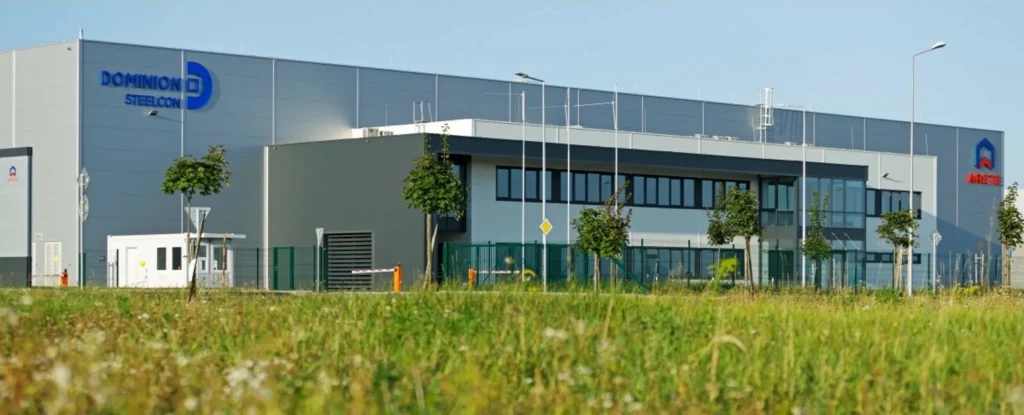
Cromwell EREIT Management Pte. Ltd., the manager of Cromwell European Real Estate Investment Trust announced that it will be acquiring a portfolio comprising 11 logistics and light industrial properties in the Czech Republic and Slovakia for an aggregate purchase price of €113.2 million, on a net operating income yield of 6.7%. The seller is Arete Invest, acting on behalf of its sub-fund Arete Invest Podfond CEE II. The whole article can be found here: https://www.property-forum.eu/news/cromwell-to-acquire-1132-million-logistics-portfolio-in-cee/7228
ARETE’s production halls in Uherské Hradiště and Košice approved for use, investments reaching almost EUR 20 million
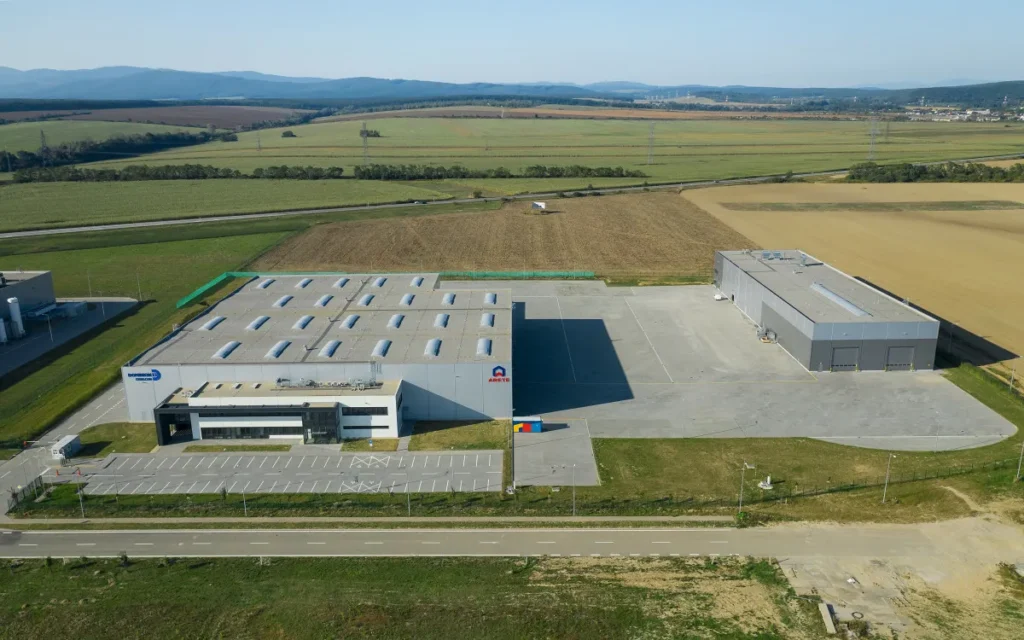
“We are glad we have managed to finish construction in both locations within the planned deadlines. We have also coped well with the complications arising from the coronavirus pandemic, which have caused suspensions of construction work and disruptions in material supplies. Yet in spite of this, the premises were ready for the tenants sooner than expected,” said Lubor Svoboda, ARETE group co-founder. “Our own construction projects prove that we are able to further expand our real estate portfolio, significantly contributing to increasing value for our investors. In addition, we want to support – beyond our obligations – the whole regions where we operate. For example in Veľká Ida, where our newly built production premises are located, we have donated a children’s playground to the village,” Lubor Svoboda added. New premises in Košice A set of two specialized production halls for Steelcon Slovakia, a member of the Danish Dominion Steelcon Group specializing in the manufacture of steel chimneys, has been built in the Veľká Ida industrial zone. It is located in the immediate vicinity of the city of Košice, Slovakia, and has long been on the radar of foreign manufacturing companies. “Steelcon Slovakia, a member of the Dominion Group, is a highly stable and globally growing company. It has already supplied over 6,500 industrial steel chimneys worldwide, making it a global leader in the industry. We have acquired a genuinely important long-term tenant for our production hall,” Lubor Svoboda stressed. The funds invested into this construction project, strengthening the attractiveness of the Slovak investment market, amounted to EUR 13 million. The construction work was launched in November and approved in August. Extension of the hall in Uherské Hradiště Intensive work on the expansion of the existing Forschner production hall in ARETE’s industrial park in Uherské Hradiště began last year, and the tenant was able to start its preparations for production in the new spaces on time. The project includes, among other things, the construction of modern clean operations for the manufacture of electric vehicle components pursuant to the highest international standards with constant temperature and humidity. The construction project naturally includes a rainwater infiltration solution. Other integral parts of the hall include modern office and sanitary facilities for employees. The Class A industrial complex in Uherské Hradiště with its excellent transport links to Slovakia and the South Moravian Region has been part of the Arete portfolio for four years now. It offers a total production and storage area of 12,750m2, of which 1,034m2 is specialized clean operations. The entire premises are leased to Forschner, initially a German family firm which has grown into a multinational corporation. It specializes in electromobility, manufacturing cable and electromechanical systems and other components, primarily for the automotive industry. Its clients include Audi, Continental, Daimler, Volkswagen, Philips and Bosch.
Breakfast of champions
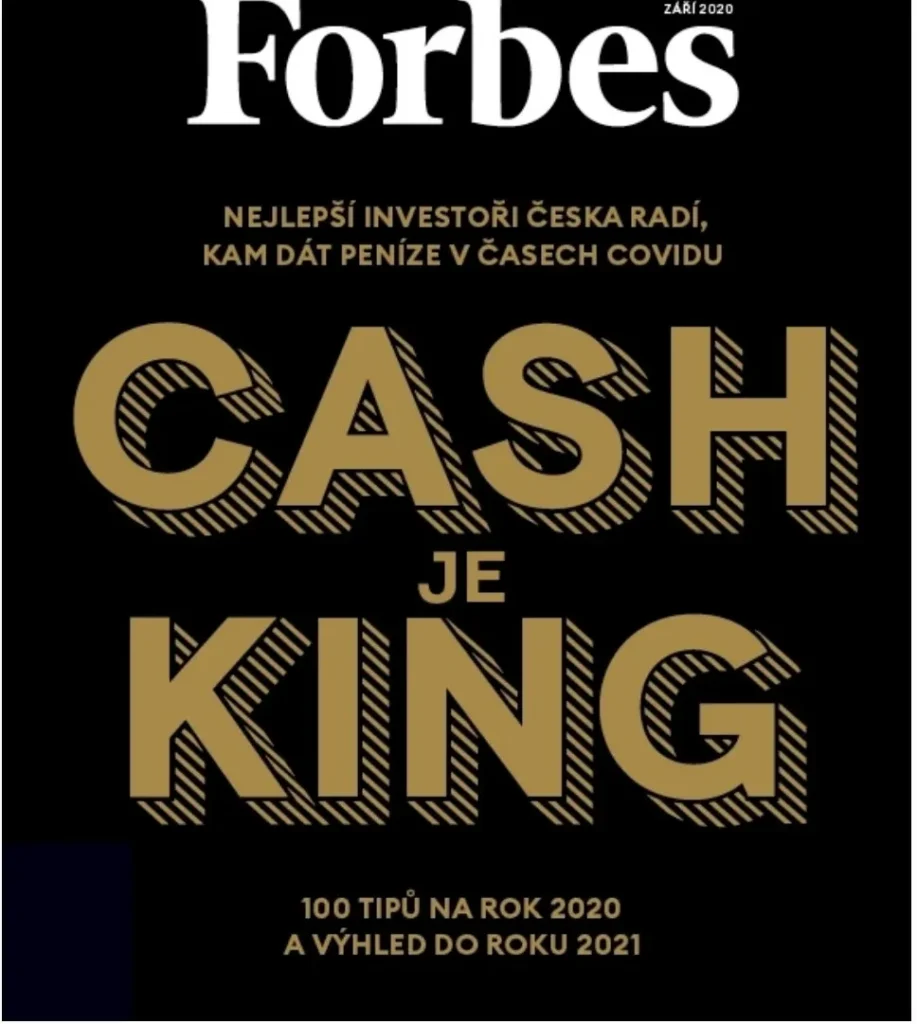
Six years ago, Lubor Svoboda seized “not entirely sexy” investment opportunities in the form of industrial real estate, from which he and Robert Ides built ARETE – the most profitable real estate funds in the Czech Republic. They can generate a yield of over 20 percent per year and, in addition, they have managed all the pitfalls of the coronavirus crisis with no harm.
Industrial real estate in ARETE is an investment boutique
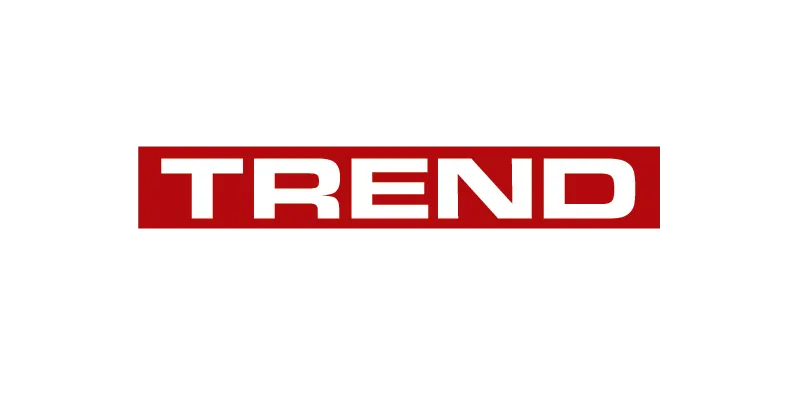
Real estate is still considered one of the best forms of long-term investment. An interesting form of investment is industrial real estate, which can represent the most stable assets in this period. Robert Ides, co-founder of the ARETE investment group, said more about this topic. Investments in industrial real estate are not as well known as other types of investment funds. Why did the ARETE group decide to focus on this type of investment? The whole interview with Robertem Ides can be found here: https://www.trend.sk/biznis/priemyselne-nehnutelnosti-arete-su-investicny-boutique
The construction of industrial real estate increased by a record number in the first half of 2020
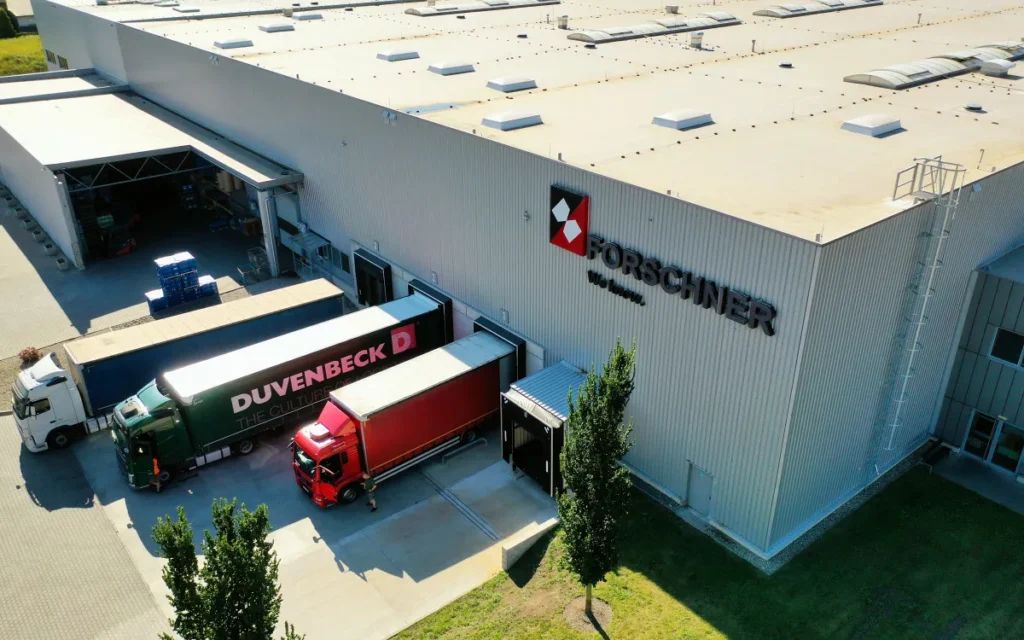
The main sectors that dominated the demand for industrial and warehouse space during the coronavirus pandemic with a total share of 53% are logistics companies and large e-shops, whose services rose sharply in the second quarter. This was followed by manufacturing companies with 37 percent. Logistics leased 62% of new premises and production 28%. Lubor Svoboda, co-founder of the ARETE Group, which invests in industrial real estate through its funds, adds market data: “During the coronavirus pandemic, our funds saw increased demand for storage from large logistics companies and the e-commerce segment. Due to the stability of the industrial real estate segment, our group is preparing several acquisitions of larger industrial parks. I think that in the second half of the year the transactions of interesting investment volumes will take place.” The article in Czech is available here: https://retrend.cz/novinky/vystavba-a-remodeling/vystavba-nemovitosti/
The ARETE group is strengthening its logistic premises and has attracted new lessees in the Czech Republic and Slovakia
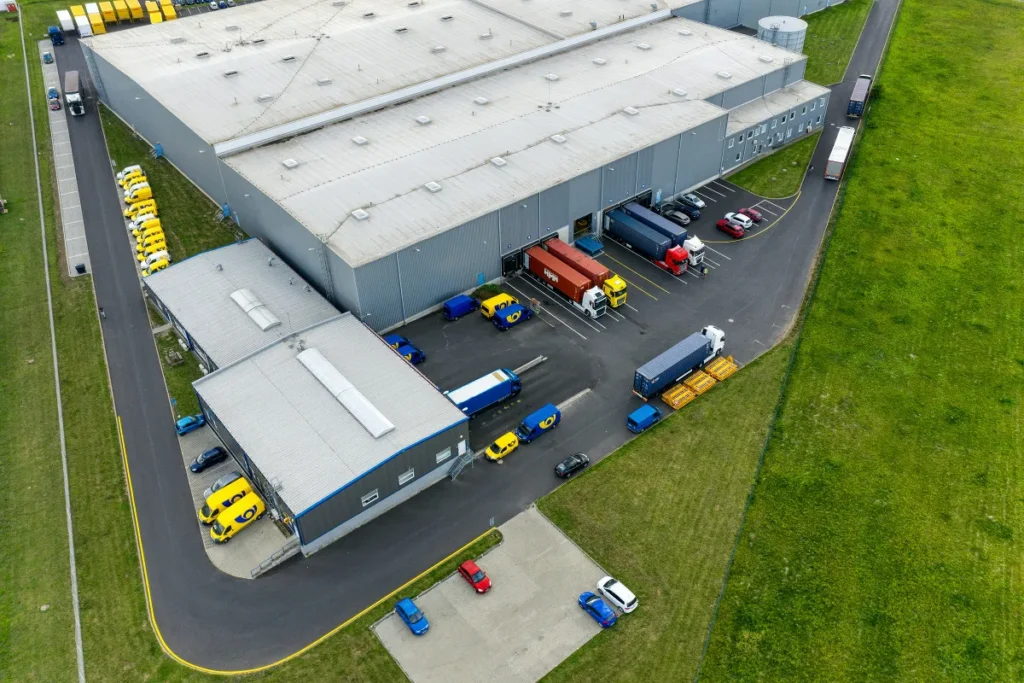
Despite the Coronavirus crisis, the ARETE investment and real estate group has managed to fill vacant areas on its premises and extend contracts with lessees in recent months. In Nové Mesto nad Váhom, ARETE has prepared more than 7 thousand m2 of premises for TPL, a logistic company, intended primarily for food storage. CTE Cargo sped, a sea and air carrier, moved back to the premises in Lovosice, which cover an area of4.3 thousand m2 and the contract with Fiege, a company providing reverse logistics for the Zalando fashion brand, has been extended for eight years. The occupancy rate of all ARETE's premises is therefore now 100 %. The contract with Fiege concerning ARETE’s premises in Lovosice was extended in April for a total of eight years. Fiege provides reverse logistics with added value to the Zalando fashion brand, using a total of 3.4 thousand m2. In the first quarter, CTE Cargo sped, a company specialising in sea and air cargo, operating in ARETE Park Lovosice. The company has signed a contract for 4.3 thousand m2 of storage space for at least three years. The occupancy rate of the premises in Lovosice is therefore now 100 %. At the same time, investments were made to increase the standards of the entire complex. TPL moved to ARETE Park Nové Mesto nad Váhom to use more than 7,000 m2 on the basis of a long-term contract. The company specializes in comprehensive logistics services, including co-packing. The new highly energy-efficient premises have been tailored to TPL’s specific needs in order to meet the high standards of food storage, distribution and logistics, i.e. the focus of TPL’s logistics services. The premises have obtained all the necessary certifications and attestations and meet all the stringent hygienic standards. The premises also include an office building for the management of logistics operations. “We are glad that we have managed to find a suitable solution for TPL and their distribution warehouse that meets the client’s requirements and allows the client to ensure full and efficient operation within Slovakia,” said Igor Šnirc, director of the Slovak branch of the ARETE group. “We appreciate their highly professional approach. We believe that they will be satisfied with the new premises and that ARETE will be the right and reliable partner for their development,” he added. “We consider the contract for the new warehouse premises, which are part of ARETE Park Nové Mesto nad Váhom, to be a strategic investment in Slovakia. ARETE’s assistance with customization as well as the low energy performance of the premises create a fundamental building block for an efficient, modern and environmentally-friendly central logistics solution for our clients. Moreover, the warehouse premises also include high-quality facilities for our employees,” said Ľuboš Korec, CEO of TPL Slovakia, s.r.o. Both complexes where the above-mentioned changes have been made are part of the portfolio of the second ARETE fund established in 2016. Its total accumulated gross yield soared to 115 % in 2019. This fund was closed to new investors in 2018. However, the third fund of the ARETE group was opened to investors at the beginning of 2020. This fund will not only invest in completed industrial real estate in Central and Eastern Europe but will also construct new logistic and production buildings. The target value of its portfolio should be close to CZK 12 billion and the portfolio should include over 600,000 m2 of leasable premises and more than 300,000 m2 of building land for further construction.
The Czech investment and real estate group ARETE is entering the Slovak, German and Austrian markets
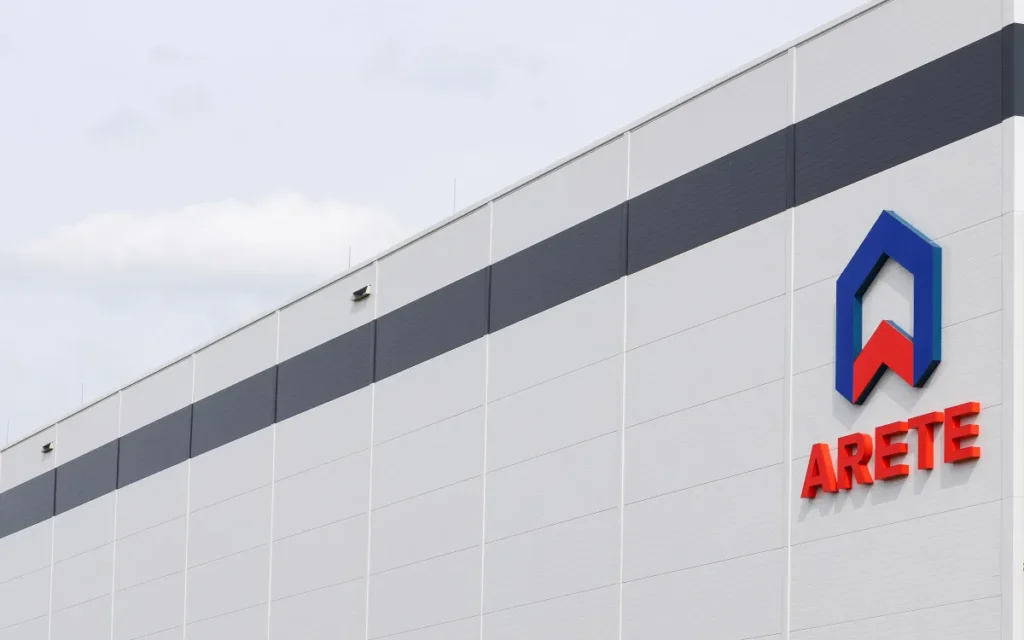
The ARETE investment and real estate group has successfully passed the notification process in Slovakia, Germany and Austria. In these countries, it can now actively offer entry in its third ARETE INDUSTRIAL fund, opened this year. Slovak, German and Austrian investors should have a share of up to 50%. This fund invests in completed industrial properties in Central and Eastern Europe, but will also build new logistics and production buildings itself. In Slovakia, the ARETE Group already owns and develops a number of properties in Žilina, Nové Mesto nad Váhom and Košice with a total value of over EUR 50 million. For more information in Czech, please read: https://www.estate.cz/lifestyle/ceska-investicni-a-nemovitostni-skupina-arete-vstupuje-na-slovensky-nemecky-a-rakousky-trh
The ARETE Czech investment and real estate group is entering the Slovak, German, and Austrian markets
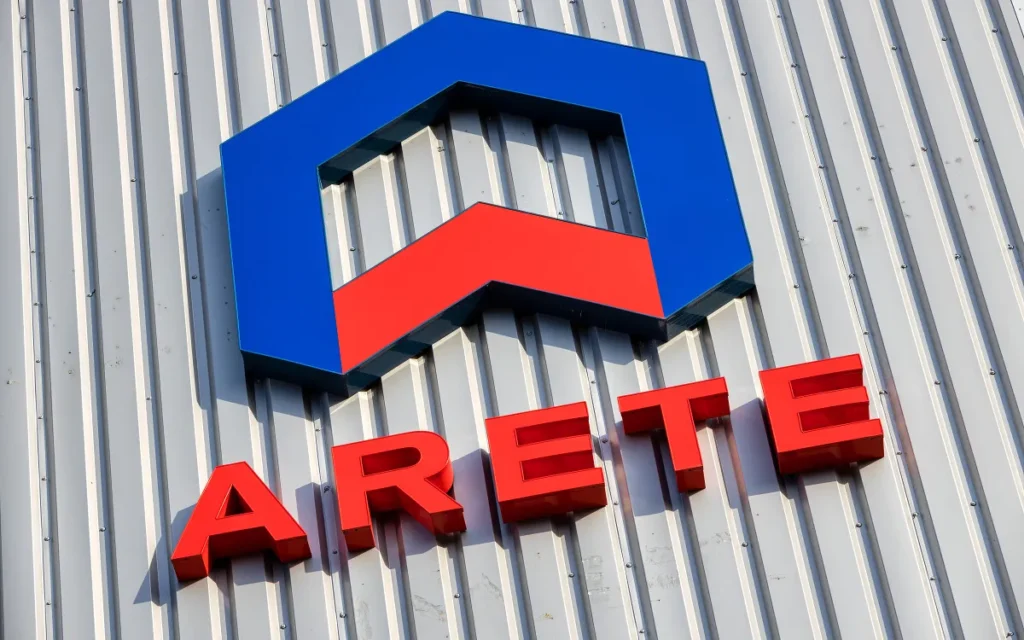
The ARETE investment and real estate group has successfully completed the notification process in Slovakia, Germany, and Austria. In these countries, it can now actively offer entry to foreign investors to its third fund, ARETE INDUSTRIAL, opened this year. Slovak, German, and Austrian investors should thus have a share of up to 50% in it. This fund invests in completed industrial real estate in Central and Eastern Europe, but will also build new logistics and manufacturing buildings itself. In Slovakia, the ARETE group already owns and develops a range of real estate in Žilina, Nové Mesto nad Váhom, and Košice with a total value of over EUR 50 million. “We consider the Slovak market, in particular, to be very promising. We already have a range of real estate in our portfolio there, as well as our own team and office. Gaining the possibility to actively offer to investors thus represents a logical step in the development of our ARETE group. Slovakia, Germany, and Austria have great potential, and we have already verified that there is demand for investing in our fund in these countries,” said Lubor Svoboda, ARETE group co-founder . “We want to be an international fund working through international standards and with an international investor portfolio. We plan that Slovakia, Germany, and Austria will provide up to 50% of the investors in our fund,” adds Robert Ides, the other ARETE group co-founder. “Although we are also considering opportunities in other Central European countries, we want to continue to buy real estate in particular in the Czech Republic and Slovakia,” he adds. Obtaining all the necessary permits took about two months in total, and required a number of legislative conditions to be met. Investors from countries outside the Czech Republic were already able to enter ARETE funds on their own initiative, but now ARETE can actively address investors from these countries. This activity on foreign markets then falls under the responsibility of the national financial market regulators. The third ARETE group fund, which was the subject of the notification process, has been open to investors since the start of this year. It will invest in completed industrial real estate in Central and Eastern Europe, but will also build new logistics and manufacturing buildings itself. The target value of its portfolio should be close to CZK 12 billion, and the portfolio should include over 600,000 m2 of leasable areas and more than 300,000 m2 of building land for further construction.

